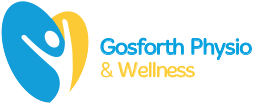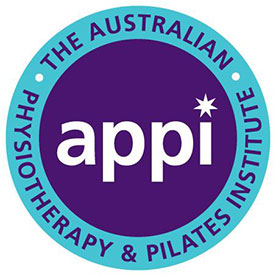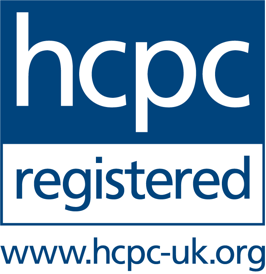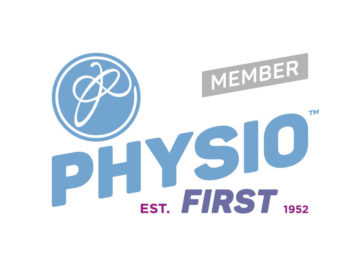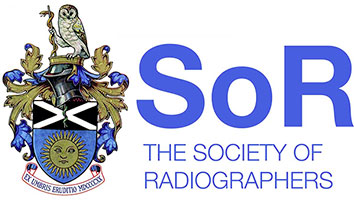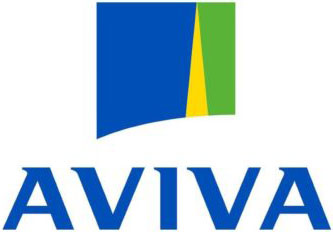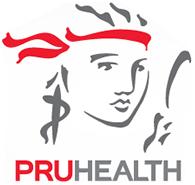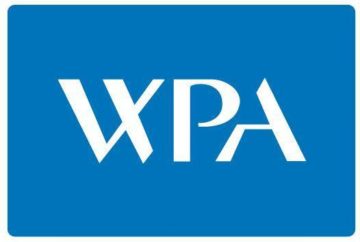
Read our blog to learn about common running injuries, and how our Sports Injury Clinic in Newcastle helps runners recover, improve performance & prevent future setbacks.
Running is one of the most effective ways to stay active, improve cardiovascular health, and boost mental well-being. However, with repetitive impact and high physical demands, runners are prone to injuries that can disrupt training and daily life. At Gosforth Physio & Wellness, our Sports Injury Clinic in Newcastle helps runners recover from injuries, improve their performance, and prevent future setbacks. Understanding the most common running injuries and how to avoid them can keep you on track and pain-free.
Runner’s Knee
Runner’s knee causes pain around or behind the kneecap, often worsening when running downhill or after sitting for long periods. This injury is usually linked to weak quadriceps, poor hip stability, or improper running mechanics. Strengthening the muscles around the knee and hips, wearing supportive footwear, and ensuring proper running form can help prevent it.
Shin Splints
Shin splints cause pain and tenderness along the shin, usually due to overuse, sudden increases in mileage, or running in worn-out shoes. To reduce the risk, runners should increase their training load gradually, wear appropriate footwear, and stretch their calf muscles regularly. Strengthening the lower leg muscles can also provide better shock absorption.
Achilles Tendonitis
This condition leads to pain and stiffness in the Achilles tendon, particularly in the morning or after activity. Overtraining, tight calf muscles, and poor ankle mobility are common causes. Stretching the calves, strengthening the surrounding muscles, and avoiding rapid increases in training intensity can help keep the Achilles tendon healthy.
Plantar Fasciitis
Plantar fasciitis results in sharp pain in the heel, especially after rest or first thing in the morning. It is often caused by excessive strain on the foot’s arch, improper footwear, or tight calf muscles. Wearing cushioned, supportive shoes, stretching the foot and calves, and avoiding prolonged standing on hard surfaces can help prevent flare-ups.
IT Band Syndrome
IT band syndrome causes pain on the outer side of the knee, often due to repetitive movements, weak hip muscles, or excessive downhill running. Strengthening the glutes and hip muscles, foam rolling, and modifying running intensity can help reduce tension and discomfort.
How Physiotherapy Can Help
At Gosforth Physio & Wellness, we provide expert sports injury treatment in Newcastle, offering biomechanical assessments, manual physiotherapy, and rehabilitation exercises. Whether you're dealing with an existing injury or want to prevent one, our team is here to help. Contact us today to book your appointment, to keep you running strong throughout the year.
